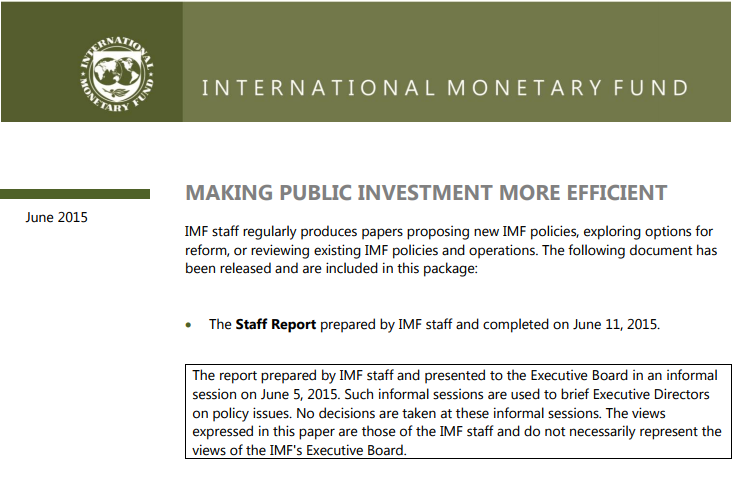657 results found
Featured results



More results
The paper “Partnering to Build a Better World: MDBs’ Common Approaches to Supporting Infrastructure Development” presents a brief description of how MDBs work with their Borrowing Member Countries (BMCs) .

The National Framework for Traditional Contracting provides a best practice framework and commercial principles for delivering infrastructure through public procurement.

This report describes the role of economic analysis and the impacts of climate change on economic analysis of infrastructure projects in the context of Asia and the Pacific.


We are connected to the global economy in numerous ways through the trade in goods and services, through crossborder investment, and through the movement of people and ideas.


The Environmental Performance Index (IDA) is an instrument for monitoring and controlling environmental management in port facilities.

This note seeks to identify a research agenda for addressing the main gaps in information for understanding the drivers and impediments of long-term investment and related financing.

This paper studies the joint decision to invest in such infrastructure, and retrofit it later, given that future climate damages are uncertain and follow a geometric Brownian motion process with positive drift.

This report presents the water and climate adaptation plan (WATCAP) developed for the Sava river basin (SRB), the report covers climate impacts in the Sava river basin, an economic evaluation of the SRB and Hydrologic Modeling of SRB.

The study provides a qualitative and quantitative analysis of the employment impact EIB projects in four Mediterranean partner countries.

The World Bank's initiatives of social accountability and transparency over the past two decades are increasingly founded on the notion that transparency and social accountability of public institutions are essential for stimulating economic growth.


This paper finds that better Public Investment Management enhances public infrastructure quality and economic growth, and pinpoints key institutional reforms needs to boost public investment efficiency and productivity.


The FCCL Framework was prepared in assistance with the World Bank under the IFPPP project and it comprises FCCL guidelines and the FCCL technical manual.

This report outlines the guidance and recommendations concerning the reform proposals of state owned enterprises operating in the field of water supply and urban sanitation as well as providing guidance/recommendations concerning economic management options for service providers in Vietnam.

The purpose of the Guidelines is to establish the types of socioeconomic evaluations that will be applicable to the investment programs and projects considered by the dependencies and entities of the Federal Public Administration.

The PPP Center Manual of Operations is a guidebook that provides the guidelines for effective performance and completion of core tasks and responsibilities of the PPP Center.

This publication outlines options for the financing and implementation of a systematic infrastructure action plan for the Seychelles.

The review consisted of a detailed assessment of the current institutional set-up, including roles and responsibilities for EE in Turkey, along with a comparison with international experience and best practices. A final set of institutional options and recommendations are provided at the end of the report.

These guidelines, circulated by the MoF in April 2015, promote the orderly implementation of PPP projects by guaranteeing effective performance of contractual obligations by the government, and effectively preventing and controlling fiscal risks.

This guide outlines five steps in the context of achieving a knowledge exchange, (i) Anchor the knowledge exchange, (ii) Define the knowledge exchange, (iii) Design and develop the knowledge exchange, (iv) Implement the knowledge exchange, (v) report the results. Case studies from South America and Africa are discussed with reference to this guide. This is the second edition of the document updated in 2015.

This guide outlines five steps in the context of achieving a knowledge exchange, (i) Anchor the knowledge exchange, (ii) Define the knowledge exchange, (iii) Design and develop the knowledge exchange, (iv) Implement the knowledge exchange, (v) report the results. Case studies from South America and Africa are discussed with reference to this guide. This is the second edition of the document updated in 2015.




